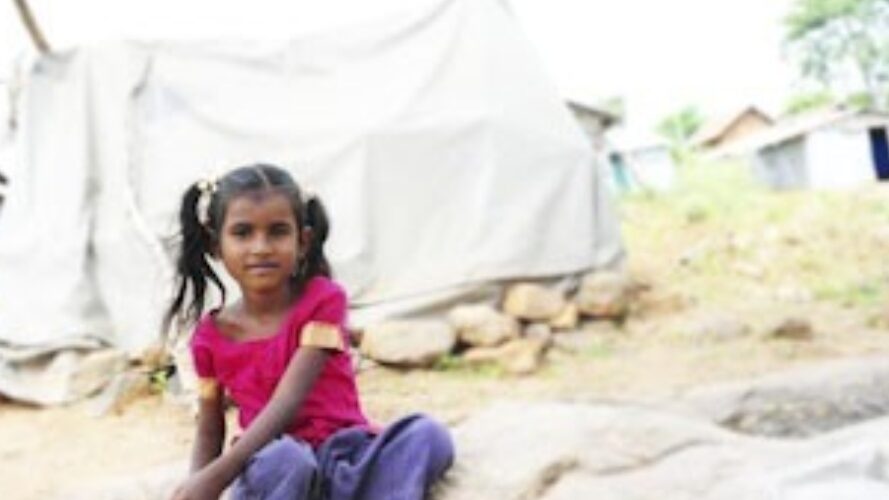Op-ed: Why Justice Is Essential for Development
Violence Against Women & Children
On December 4, the Secretary-General released a report called “The Road to Dignity by 2030: Ending Poverty, Transforming All Lives and Protecting the Planet,” in which he states that 2015 will be “the most important year of development since the founding of the United Nations itself.” Among the six essential elements Secretary-General Ban Ki-moon highlights as necessary for development: justice.
Over the past two years, the global development community has been diligently debating the forthcoming Sustainable Development Goals (SDGs), the UN’s global agenda for combatting issues like poverty that inhibit human development. The Secretary-General’s report synthesizes these conversations and lays out a framework for understanding which elements are ‘essential’ for the global development agenda.
The SDGs will be the sequel to the UN’s Millennium Development Goals, which were set in 2000 and ‘expire’ in 2015. The original MDGs laid out an agenda for governments around the world to address the issues that contribute to poverty and hinder development, and they catalyzed significant resources for important causes like health and education.
The new goals have an ever bigger challenge: to reach those hardest to reach. The new development agenda will aim to ensure no one is left behind. The sheer number of suggested goals—17, compared to the original 8 MDGs—demonstrate our shared understanding of the nuances and complexity of reaching the men, women, and children who have been hardest to reach. Consequently, a number of issues left off the agenda in 2000 are now being given significant consideration for the way they help or hinder progress. Climate change, for example, has been a major rallying point for governments, civil society organizations and individual citizens concerned about the way it will impact the sustainability of our development efforts.
Another issue—one that hasn’t gotten nearly as much attention—is justice.
The effect of justice—or a lack thereof—on development is clear. We at International Justice Mission see it every day in our field work. A widow in Mukono County, Uganda, who is kicked off her land, loses her shelter, her food and often her source of livelihood. A study released in October of this year shows that this injustice affects nearly one-third of widows in Mukono.
Girls who fear violence on the way to school—or even at school—won’t reap the benefits we know education for girls can provide. In fact, according to the World Health Organization, school is the most common place for sexual violence to occur. A study by Plan International in Ghana found that 100% of girls who had experienced sexual assault no longer enjoyed attending school, and another study in Senegal revealed direct links between the rape of children and performance at school.
Violence against the poor undermines even our best efforts at development, and the effect of violence is hardest on the poorest among us—exactly those whom we will seek to reach with this new set of development goals. That is why the Secretary-General’s inclusion of justice as an essential element of development is so important. Public institutions like the police and judiciary must be accountable, professional and well-resourced to ensure that laws against violence are actually enforced and that the poor are protected.
For the UN, this begins with making sure justice is kept on the agenda. As the UN enters the intergovernmental negotiations on the SDGs, they must commit to keeping Goal 16 on peace and security, as well as the targets that are mainstreamed throughout the existing draft of the goals, such as the need to eradicate violence against women and girls.
Additionally, as governments shift from deliberations to implementation and financing of the SDGs, it is critical that targets on eliminating violence and building the capacity of public justice systems are prioritized. This includes allocating resources to strengthen these systems, both through domestic resource mobilization and development assistance.
Only when we recognize the importance of justice in the development agenda—and actually set aside the resources needed to effectively develop justice systems—will we be able to deliver a development agenda that truly benefits all. The Secretary-General’s inclusion of justice in his report is an important milestone. Let’s hope his message is reinforced in 2015.